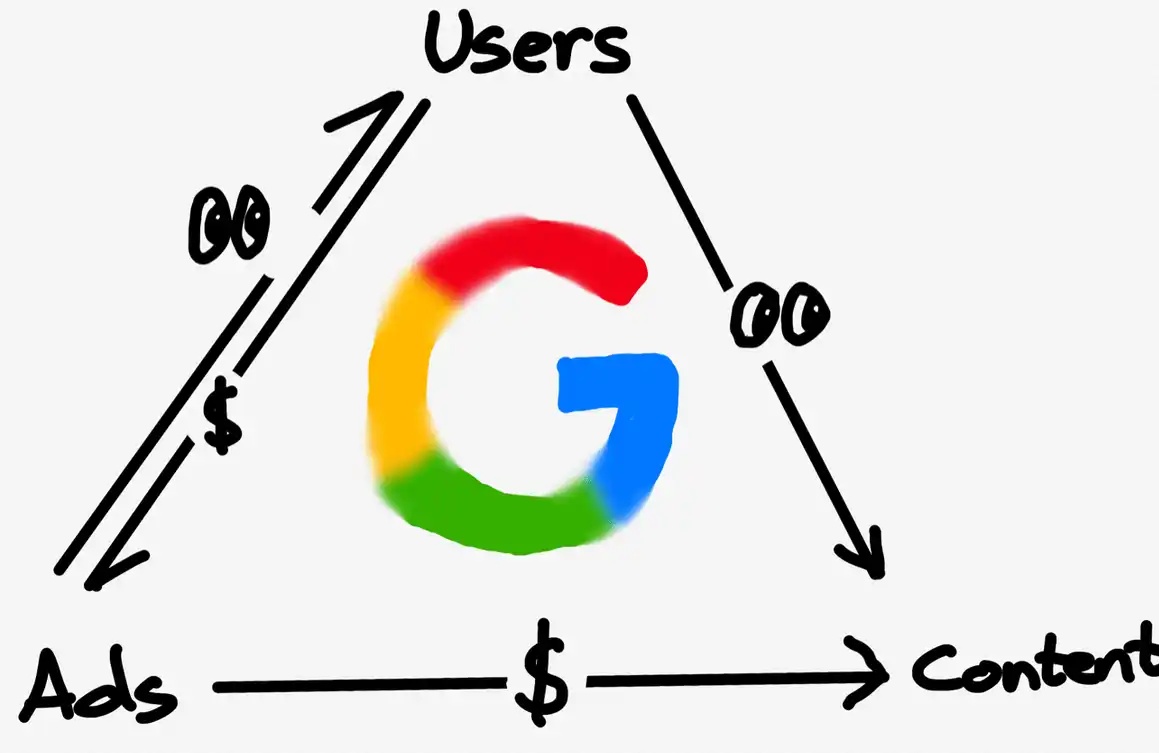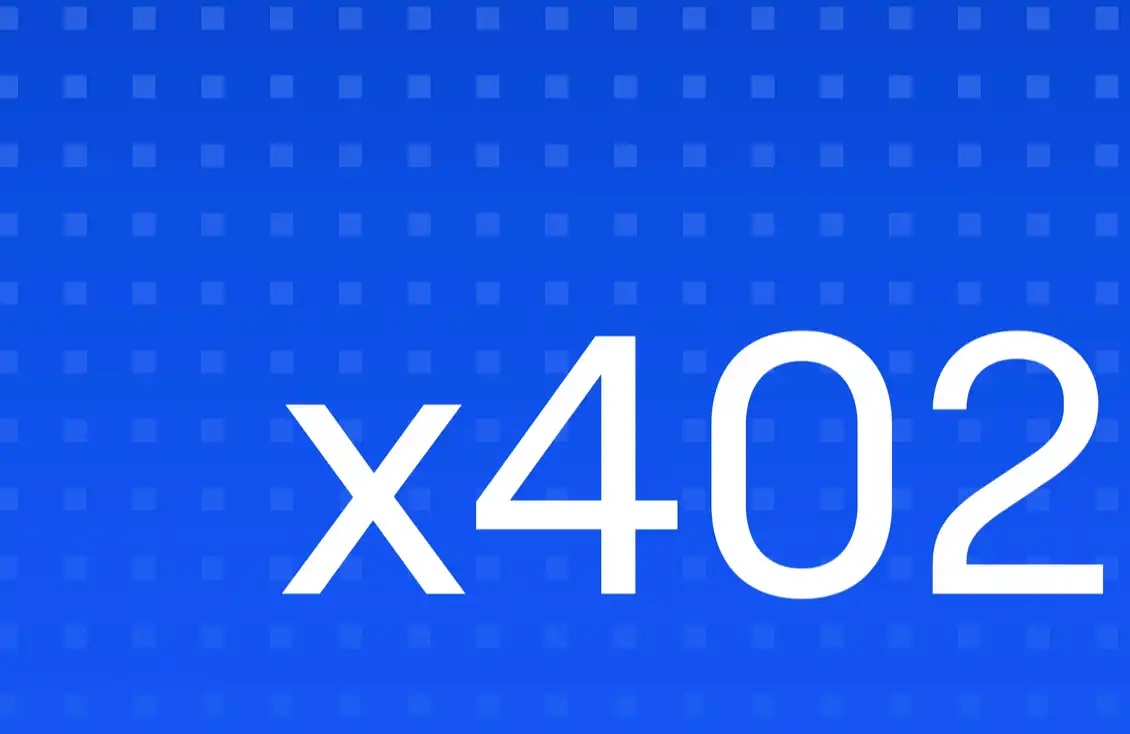HOME: A meme concept based on the idea of a digital nation. Can it achieve consensus among digital nomads?
We live in an era full of contradictions. The Internet has connected the world like never before, yet geopolitical barriers are continually strengthening; digital technology brings infinite possibilities, but traditional systems are everywhere limiting; people desire free movement, yet they are trapped within the outdated nation-state framework of the turn of the century.

Why Do We Need Network States?
Look at everything happening around us: remote work is enabling a mass exodus from Silicon Valley, the lifestyle of digital nomads is gradually becoming mainstream, cryptocurrency is reshaping the financial system, DAOs are demonstrating astonishing collaboration efficiency. All of this tells us that traditional forms of social organization are being disrupted.
However, when we seek to innovate, we are always told, "This violates existing regulations"; when we expect cross-border cooperation, we have to face cumbersome administrative approvals; when we aspire to build new communities, we find ourselves unable to break free from the shackles of geography. This inevitably leads to the question: in the digital age, do we really still need to be confined by borders set centuries ago?
We need a new form of organization that can:
- Break through geographical limitations, allowing like-minded individuals to freely connect
- Define identity based on shared ideals rather than birthplace
- Replace bureaucracy with technology to achieve efficient governance
- Enable innovators to truly showcase their talents

Balaji's Revelation: Dawn of the Digital Age
It is in this context that Silicon Valley thinker Balaji Srinivasan's concept of the network state has resonated widely. As the former CTO of Coinbase and a former partner at the renowned venture capital firm Andreessen Horowitz, Balaji is not only a successful tech entrepreneur but also one of the most visionary thinkers of the digital age. In his groundbreaking work "The Network State," he systematically explains how to establish a brand-new form of statehood in the internet age. This book, hailed as the most influential digital age political philosophy work since "Sovereign Individual," paints a refreshing vision of the future.
Balaji believes that just as Bitcoin redefined currency, the network state will redefine the nation-state. In his vision, the future state will first take shape in the cloud, rallying people around shared values, and eventually gaining physical space and sovereign status in the real world. This "digital-first, real-world-later" path is a disruptive innovation to the traditional form of state formation.
This is not a utopian fantasy. Imagine if an online community had millions of supporters, a stable economic system, and an effective governance structure, would it be more like a "real country" than some turbulent small nations?

HOME: From Ideal to Action
It is with this thinking that the HOME project was born. We do not want to be mere observers discussing ideals; we want to be practitioners. The vision of HOME is simple: to build a true network state.
At HOME, we believe:
Identity should be based on choice, not birth
Governance should be based on consensus, not coercion
Value should flow freely, unconstrained by geography
Innovation should be encouraged, not suppressed
As a first step towards this vision, we have launched a plan targeting 20,000 indigenous people. These early participants will receive unique decentralized identity (DID) credentials and become the first citizens of HOME. As a reward for early contributors, we also plan to airdrop tokens to these indigenous people in the future. This is not just a welfare program but the foundation of our digital civilization.
We are realizing this vision through a series of innovative practices:
Decentralized Identity System (DID) to empower every member to truly "own" their identity
DAO-based governance mechanisms to ensure transparency and fairness in community decisions
The fusion of digital and physical spaces, breaking the boundaries between virtual and real
Why MEME?
Some may ask: Why promote such an important cause in the form of MEME?
The answer is simple: because MEME is the most powerful form of communication in the internet age, a universal language that transcends linguistic and cultural barriers. While people are still debating the technical details of blockchain, Dogecoin has already built a strong community. While people are still discussing DAO governance, BAYC has created a new cultural phenomenon.
HOME chooses MEME not to chase trends but because of the internet-native qualities that MEME represents: decentralization, organic propagation, and community-driven initiatives. These are precisely the qualities needed for a network state.

The Future is Here
Some may say this is all too idealistic. However, looking back at history, every major transformation was initially deemed an unrealistic fantasy. In the early days of the internet, how many believed it would change the world? When Bitcoin first emerged, how many believed it would shake the traditional financial system?
Perhaps HOME's experiment will also face skepticism and challenges, but we firmly believe that the question is not whether a networked nation will arise, but when. In this age of ubiquitous information, a form of social organization that transcends geographical boundaries and is based on shared principles is the inevitable choice for human civilization.
This is not just a project; it is a revolution. It is not just a supplement to the existing system but an exploration of the future civilization. If you also share this vision, feel free to follow @homedao_ and become a participant in this transformation.
The future is already here; it's just unevenly distributed. And HOME is striving to bring this future closer to us.

This article is contributed content and does not represent the views of BlockBeats
Welcome to join the official BlockBeats community:
Telegram Subscription Group: https://t.me/theblockbeats
Telegram Discussion Group: https://t.me/BlockBeats_App
Official Twitter Account: https://twitter.com/BlockBeatsAsia


 Forum
Forum Finance
Finance
 Specials
Specials
 On-chain Eco
On-chain Eco
 Entry
Entry
 Podcasts
Podcasts
 Activities
Activities
 OPRR
OPRR







